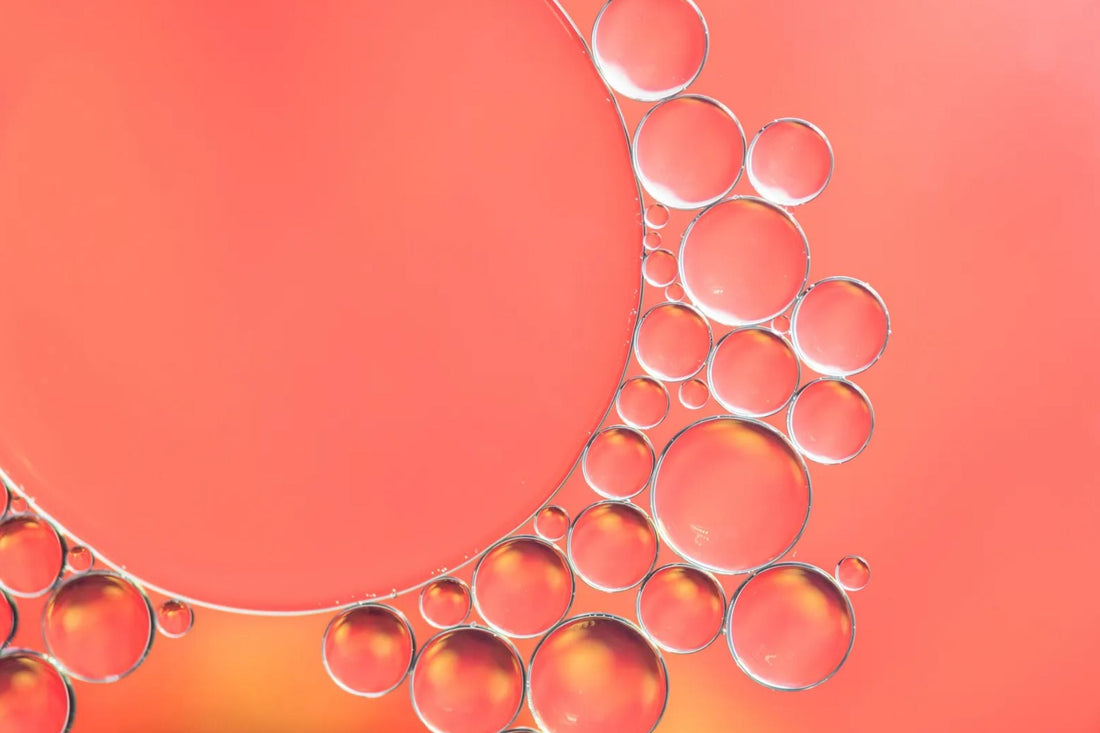
The Science of Collagen: Do Supplements Really Work?
Share
Collagen has become a buzzword in the world of health and beauty. From glowing skin ✨ to strong joints 🦵, collagen supplements promise a wide range of benefits. But are they really effective, or is it all marketing hype? Let’s take a science-backed look.
🌟 What Is Collagen?
Collagen is the most abundant protein in your body. It provides structure, elasticity, and strength to:
- Skin 🧖
- Hair & Nails 💅
- Bones & Joints 🦴
- Muscles 💪
Unfortunately, collagen production declines with age, which leads to wrinkles, weaker joints, and slower recovery.
🔬 Do Collagen Supplements Really Work?
Here’s what research shows about collagen supplementation:
- Skin Health – Collagen peptides can improve hydration, elasticity, and reduce wrinkles. ✨
- Joint Support – Studies suggest collagen reduces joint pain and stiffness, especially in athletes or people with arthritis. 🏃
- Bone Strength – Supplementing with collagen may help slow bone loss as we age. 🦴
- Hair & Nails – Many report stronger nails and shinier hair, though more studies are needed. 💇
🥤 Types of Collagen Supplements
- Collagen Peptides (Hydrolyzed Collagen) – Easily absorbed, common in powders.
- Marine Collagen – Derived from fish 🐟, often recommended for skin health.
- Gelatin – A cooked form of collagen, found in some foods and recipes.
💡 How to Maximize Collagen Benefits
- Take collagen daily for 8–12 weeks for noticeable results.
- Pair with Vitamin C 🍊 to boost natural collagen production.
- Maintain a balanced diet with protein, fruits, and healthy fats for overall skin and joint health.
✅ Final Verdict
Collagen isn’t just hype—science shows it can support skin, joint, and bone health. While results vary from person to person, collagen supplements can be a worthwhile addition to your wellness routine if consistency is maintained.
![HBS [ Human Being Support ]](http://humanbeingsupport.com/cdn/shop/files/HBS_Logo_PC.png?v=1745062983&width=600)
